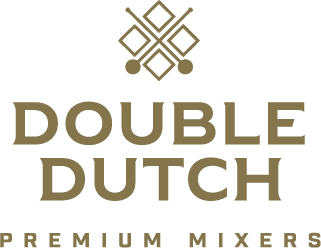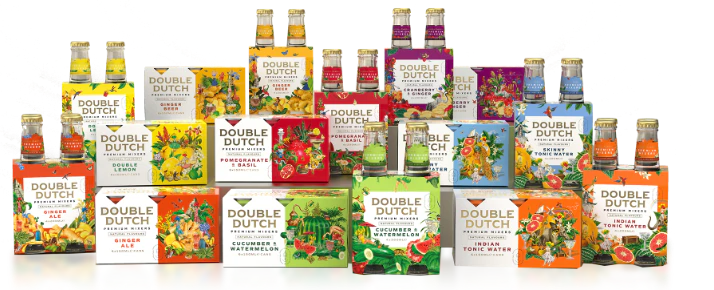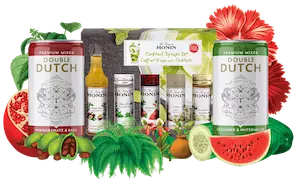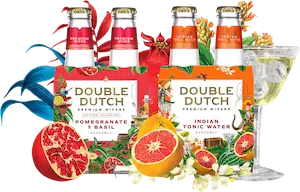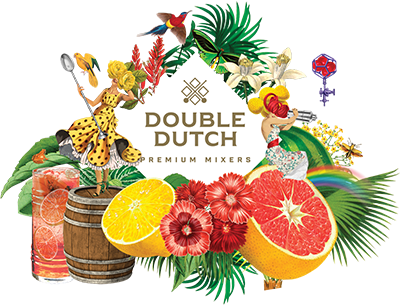Why is alcohol called spirits?
Why is alcohol called spirits?
Liquor, hard stuff, firewater, hooch, booze - why do we call alcohol spirits? And why is that the same word we use for soul and psyche? Good questions, we’re glad you asked!
Ancient alcohol
Picture this. We’re in the seventh century CE, in China. People are fermenting rice and millet in clay pots to create alcohol. There’s evidence of grapevines too, so way back then, people are probably making wine as well.
Our History With Alcohol Production
Our history of creating alcohol is as old as our archaeological record. Wherever we’ve been, we’ve found a way to prioritise fun. Even if it’s skanky fermented rice beer in a clay jar!
Growth of Distillation
By the second century CE, distillation was a real trend. It’s happening in India, Mesopotamia, and Egypt and the city of Alexandria is famous for its advanced distillation techniques.
Distillations Popularity
Why did it become so popular? Well not for the alcohol, actually. These early research chemists are alchemists. They’re seeking such secrets of the universe as turning lead to gold and finding the fountain of youth.
Creating and Capturing Vapour
One of the ways they create their medicinal elixirs is to distil liquids. Capturing the vapour that rises and using that ‘spirit’ which they see as ethereal or airy. This happens in combination with other materials, to develop cures for everything from acne to plagues.
Potential Reason for The Phrase Spirit
One meaning of the word spirit is that sense of it being something ‘of the air’. The air that humans have to literally capture and imprison… in a bottle!
Make up and mix it up
There’s a suggestion that the term alcohol actually comes from al-koh’l. This was an eyeliner made from a mineral called stibnite. If distilled it produces a lovely deep black powder.
Origins of The Word Alcohol
The cosmetic originated in the Middle East, as did the name. The process of distilling al-koh’l from stibnite may have become the term used to describe distilling anything and everything.Eventually it found its use describing what we now call alcohol.
Transportation of Alcohol
Whatever the etymology, the ancient Greeks love this new technology. This is because it means that they can take alcohol on long sea voyages without it going bad. People are now seeking distilled liquors, or spirits. Because they're transportable over long distances without changing taste.
The Holy Spirit
Of course the Bible has things to say about this. People say the “Holy Spirit” is intoxicating.
In fact in Acts 2:13 bystanders watching the first Pentecost, when the Holy Spirit descended on the Apostles. It's likely the men were drunk on new wine, not on the power of God. This could be one reason we use the same word for both.
Distillation to Get Drunk
Jump forward to 1232 and the birth of Roman Llull. Roman was a Franciscan monk and who was one of the first people who used the process of distillation. He did this to produce alcohol for its own sake.
Purer Form
According to him, By removing water from liquor and condensing the alcohol, the essence of the liquor separates. It dilutes the alcohol and transforms into a purer form. Just as one can distil and condense the essence of flowers into an oil or liquid.
Europe’s love affair with spirits
In the 17th century, Europe fell in love with gin. This is because it’s cheap and considered to be more healthful than many other beverages. Likely because the drinking water is pretty awful and both tea and coffee are incredibly expensive.
Tequila
Also because of tequila. The Aztecs have produced this spirit since around 250 BCE, it's commercial distilled for the first time in 1758.
Growth of Rum
The British diet added rum in the 18th century. This is because the British navy began to give sailors a daily rum ration at this time. Also there was an introduction of a new tax on gin in 1751, making rum a cheaper option.
Bourbon & Vodka
In the USA, bourbon distillers first distilled bourbon in 1789. Vodka production had been running since the 8th or 9th century BCE. It didn’t really gain a foothold in Europe until the 1930s. This was partly due to the enduring suspicion between Russia and many European countries.
So, to sum up
Some people will use the terms liquor and spirits to describe the same drinks. However, Strictly speaking distilled beverages that haven’t aged are liquors. While spirits describes distilled alcohol that has then been aged, often in wooden barrels that add a unique flavour. Whatever you call them, we love them - life’s too short for dull drinks!
